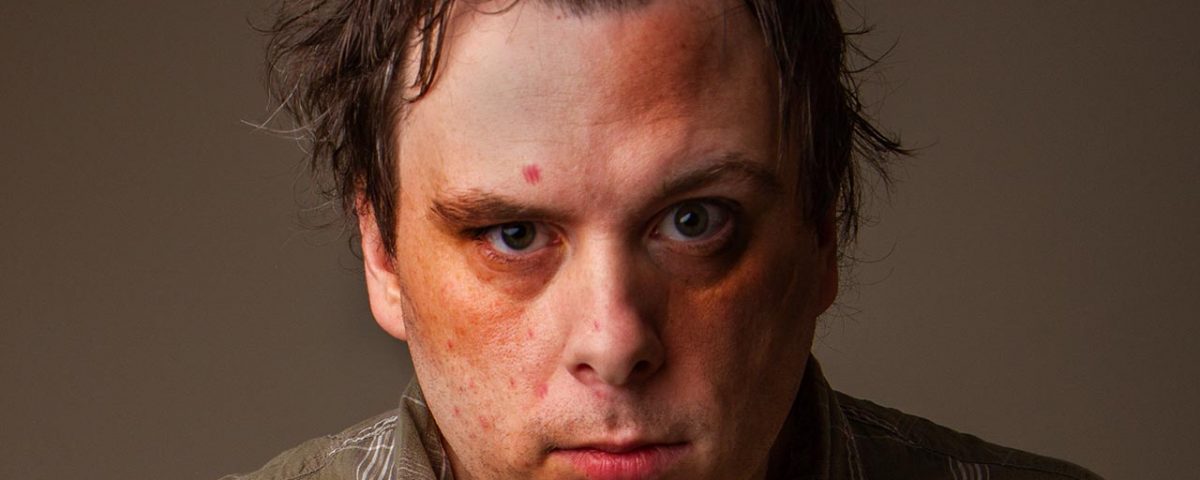Our skin makes up a big portion of our bodies and protects the inner parts of our bodies from harm.
As a Chicago addiction treatment center, we know what drugs do to your face and the damage that substance abuse can have on a person’s skin. Not only are drugs dangerous to the inner workings of your body but to your skin and outer appearance, as well. As a result of long-term drug use, you may become unrecognizable, even to yourself.
Signs of Drug Use on Face
While some drugs may be more dangerous than others, any form of drug abuse can cause similar changes in a person’s face. What drugs do to your face and the severity of these effects depend on the type of drug, how long you have been using it, and how much of it you use.
The face of an addict is often distinguished by traits like wrinkles and concave sores. A person’s health condition before developing a drug addiction and their skincare routine can also determine the intensity of its effects.
As a result of long-term drug use, the effects of drugs on your face may include:
- Irritated or bloodshot eyes
- Blood clots in the eyes
- Droopy eyelids
- Sunken or deep-set eyes
- The appearance of rapid aging
- Sunken facial features
- Gaunt cheekbones
- Skin sores
- Blemishes and acne
- Red bumps
- Damage to the skin around the mouth
Although bloodshot eyes may not seem severe, long-term drug abuse can cause permanent and unwanted damage. In many cases, individuals can also develop vision problems, as well as skin problems around their eyes.
Not only can people with a drug abuse problem develop a sunken-in face from drugs, but they can experience rapid aging that causes wrinkles and makes them appear older. For this reason, drugs like meth, cocaine, and alcohol can make your face droop or appear more wrinkly and older than you really are.
Methamphetamine is a drug that is known for its negative effects on the face and teeth. The harm it does to the face is also referred to as meth face, in which the skin becomes shallow and develops sores and other skin problems.
Meth is one of the most noticeably damaging drugs to a person’s physical appearance. Long-term meth users will have poor dental hygiene and sores on their faces from picking at their skin. People addicted to meth can avoid and treat its effects by receiving treatment in our meth rehab program.
How Does Substance Abuse Affect Physical Performance?
It is not just physical appearance that is negatively impacted by drug abuse. Looking at athletes in particular, the physical effects of drug abuse can begin to reveal themselves in the ways that a person performs. First off, using drugs like alcohol, painkillers, and stimulants upsets the physiological balance of the body. For instance, alcohol slows down the central nervous system, which affects coordination, reaction speeds, and fine motor skills. Athletic performance is hampered as a result, making tasks that call for dexterity and quickness much more difficult.
Similar to sedatives, opioids, which include potent medicines like oxycodone and morphine, also impair bodily coordination and cause sleepiness. Opioid use impairs judgment, causes slower reflexes, and increases the chance of mishaps or injury in athletes. Contrarily, stimulants like cocaine and meth might give a brief energy boost, but the subsequent crash causes extreme weariness that reduces endurance and overall stamina.
Additionally, substance addiction has a negative impact on the cardiovascular system of the body. Long-term use of drugs like cocaine or methamphetamine can cause heightened blood pressure, irregular heartbeats, and higher heart rates. These ailments put stress on the heart and can cause cardiovascular issues, which lower a person's total physical capabilities.
Drugs like opiates and alcohol can also weaken muscles, which reduces strength and output of power. For instance, long-term alcohol misuse reduces muscle mass and causes muscular atrophy, which greatly reduces a person's ability to push themselves physically. These physiological consequences of substance usage accumulate over time, resulting in a steady deterioration in a person's overall physical performance and even catastrophic, irreversible health implications.
How to Treat What Drugs Do to Your Face
The first step in treating the effects of drugs on your face is to stop using them. The longer you’re trapped in drug addiction, the more your skin and overall health will suffer.
These effects can often be irreversible, causing scarring and other health conditions that may be difficult to treat. Even cosmetic treatments will be limitedly effective with continued drug use. Professional addiction treatment, like our Chicago IOP (intensive outpatient program), can help you quit your addiction and begin your recovery process.
Banyan offers Illinois addiction treatment to help people break the cycle of drug abuse and the help they need to start a healthy and sober life. If you want to improve the health of your skin, you should visit a dermatologist.
They may be able to prescribe you the proper medications and assign specific treatments that can treat or heal the harm done to your face by drugs. They may also be able to help you develop a skincare routine; however, it’s important to keep in mind that these skin problems may not always be reversible.
As a Chicago drug rehab, we know what drugs do to your face and overall health. That’s why we offer everything from prescription pill treatment to treatment for alcohol addiction. Avoid the repercussions of drug abuse by getting help. If you or someone you know struggles with substance abuse, start the journey to sobriety with us.
To learn more about our drug rehab in Chicago and the process to get started, call Banyan Treatment Centers now at 888-280-4763.
Related Reading:
Bulimia Face: The Physical Effects of Bulimia Nervosa
Faces of Meth: The Ugly Truth About the Physical Side Effects of Meth









